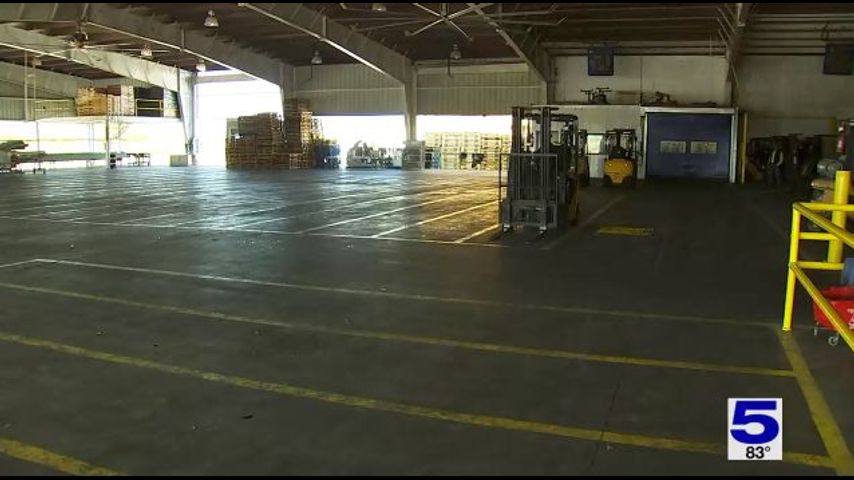‘It’s not enough’: Valley produce company responds to Abbott’s relaxation of state inspections at Nuevo León port of entry
After what was touted as a historic agreement between governors of two different countries, an Edinburg produce company is calling for a return to normalcy when it comes to Texas-Mexico trading.
Wednesday afternoon, Gov. Greg Abbott met with Nuevo León Governor Samuel Alejandro García Sepúlveda at the Colombia Solidarity International Bridge in Laredo.
Together, the two signed off on a Memorandum of Understanding (MOU): In exchange for Nuevo León continuing its own “enhanced” border enforcement measures, Abbott put an end to the Texas Department of Public Safety’s “enhanced safety inspections” for all commercial vehicles entering the Laredo port and instead return to their previous practice of conducting random searches.
“That’s not enough,” said Little Bear Produce senior vice president of business affairs Bret Erickson, who watched the press conference online. “Laredo is not capable of handling all of the volumes of product that is crossing through all the ports of Texas.”
Erickson said a portion of their produce comes from Mexico. While he would normally see eight to 12 trucks of watermelons come in every day for six days of the week, he has seen zero since Abbott’s directive went into effect.
“The decision by the governor to basically — not bottleneck the ports of entry — he’s put a stranglehold on Texas ports of entry,” Erickson said. “It seems like he’s trying — Governor Abbott was coming up with something to salvage a plan that seems to have gone awry.”
Little Bear's struggle isn’t unique. Though a possible quick-fix would be for Tamaulipas Governor Francisco García Cabeza de Vaca to sign a similar MOU, Erickson couldn’t say what would be the best solution.
Until an effective change is made, employees of Little Bear are receiving fewer work hours.
Erickson said it’s likely the standstill will drive grocery prices of certain products to be even higher.
“In some cases, we’re losing orders because the retail customer that we’re selling to can’t wait that long, and they’re having to shift their supplier to go somewhere else, perhaps sourcing out of Nogales, Arizona,” he said.





